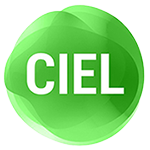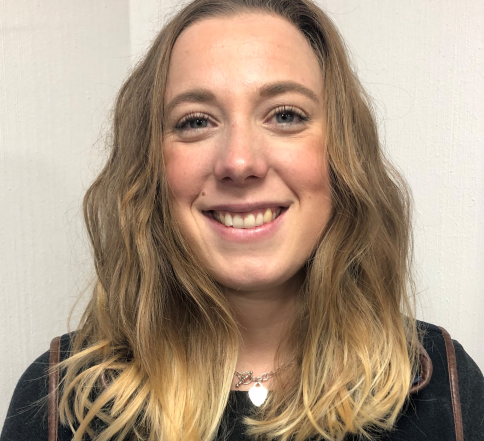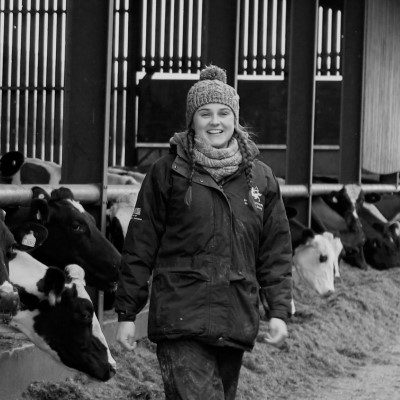CIEL | Blog: Wrapping up 2023: A Year of Innovation
Nikki Dalby
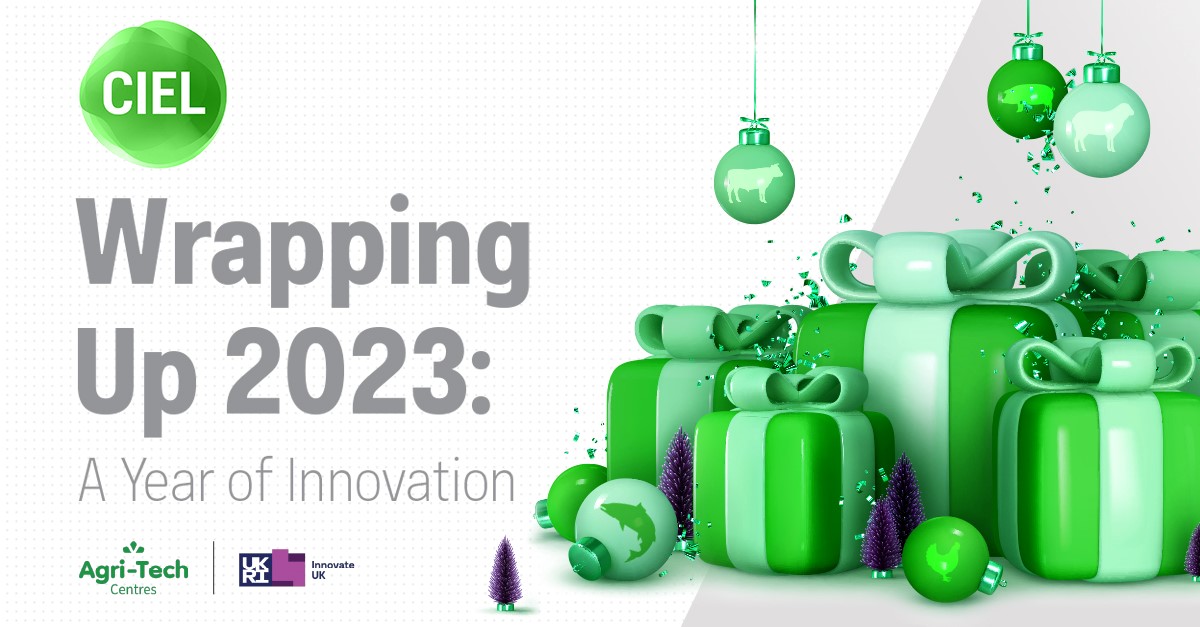
Our purpose is to find solutions to challenges in livestock production, from enhancing animal health and welfare to tackling antimicrobial resistance and helping industry reach Net Zero.
And, right now, our network of expertise is needed more than ever.
The agricultural sector has faced unprecedented challenges in a year filled with complexities, from post-Brexit transitions to the acceptance of living with Covid-19.
Accelerating Innovation for the livestock sector
Despite facing several obstacles, it is evident that innovation is rapidly increasing. Looking back at 2023, CIEL and its network have much to celebrate.
It has been a record year for us, with an unprecedented number of projects seeking our knowledge and expertise. Our project involvement has soared by 300% compared to 2022, with a remarkable success rate in funding applications. Additionally, one-third of the projects involving CIEL were awarded grant funding.
Nikki Dalby, Head of Projects at CIEL provides insight into the surge in project activities and outlines the primary areas of emphasis.
“In 2023, we have embarked on a total of 39 projects that had been awarded £12.6m of grant funding. Throughout the year, we closely collaborated with eight esteemed research institutions. These partnerships played a pivotal role in accelerating agri-tech science and innovation,” she says.
“Each of these projects align with our core objectives, as they are all dedicated to one of three focuses, the pursuit of net zero, the enhancement of animal health and welfare and the reinforcement of farm resilience.
“Projects will deliver benefits to a wide range of sectors, with 30% focused on dairy, 20% on aquaculture, 20% on sheep, 10% on beef, and the remaining 10% on multisector projects.”
Read on to explore some of the projects that have defined this transformative year for CIEL and the industry.
Flower power at the heart of methane reduction research
The potential to reduce methane emissions through feed additives, discovered through the dancing with daffodils project, is a significant opportunity for the future of sustainable livestock farming.
The groundbreaking development of a feed additive, derived from a chemical found in daffodils, has shown remarkable potential, with research indicating it could reduce methane emissions from ruminants by up to 30%.
This project created widespread media coverage – appearing on BBC Countryfile.
Project partners: Rumenco, Bangor University, SRUC, Agroceutical Products, Grampian Growers, Analox, Bioextractions Wales, Wynnstay, Beneve.
The project is funded by the Department of Environmental, Food and Rural Affairs (DEFRA).

Breeding low methane sheep
Contributing £1.3 billion to the UK’s rural economy, sheep farming is crucial, however, the industry faces many challenges in modernising genetics and reductions its 12% share of UK emissions, notably from enteric methane.
Breed for CH4nge is centered around the UK’s net zero targets and includes a knowledge exchange programme led by CIEL. The project demonstrates the impact of improved genetics on reducing emissions and the promotion of resilient and environmentally friendly farming practices.
Project partners: Innovis, Harper Adams University, SRUC, National Sheep Association, Tulip, Waitrose, AHDB, Sheep Improved Genetics, Performance Recorded Lleyn Breeders.
Funded by: Department of Environmental, Food and Rural Affairs (DEFRA).
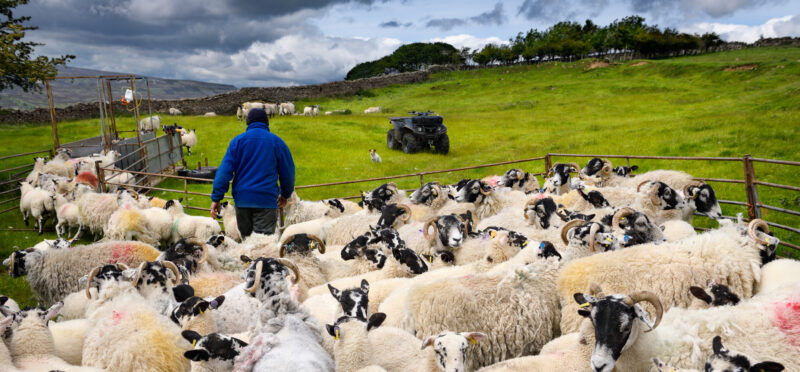
Sustainable nutrition for animal protein production
SNAPP is an innovative project aimed at developing a sustainable alternative to zinc oxide for post-weaning piglet health and survival. By enhancing pig nutrition, it also aims to improve meat quality and reduce import reliance.
CIEL plays a crucial role in this project through public engagement and knowledge exchange, fostering industry adoption of these sustainable projects.
Project Partners: University of Leeds, BioPower Technologies Limited, AgriFoodX Limited, Cranswick PLC.
Funded by: Department of Environmental, Food and Rural Affairs (DEFRA).
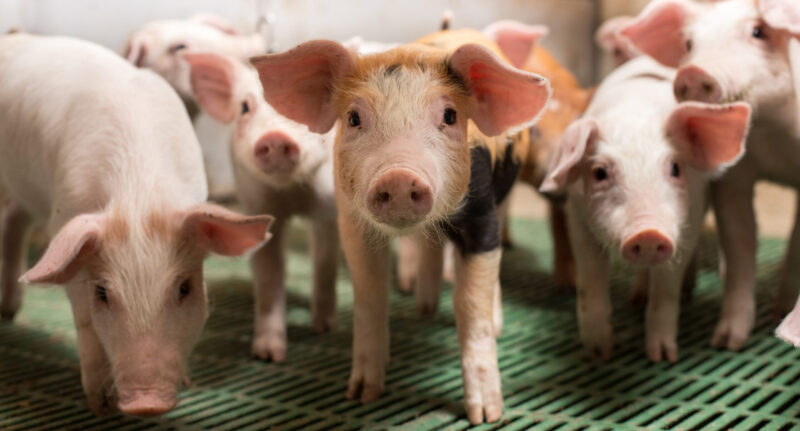
Deployment of novel seaweed spores
CIEL is leading the project management of the UK’s first commercial dulse seeding system, a venture to position dulse as a promising plant-based protein alternative.
Collaborating with Seaweed Generation and MicroGrow Systems, the project focuses on designing and developing an automated system for propagating and seeding dulse spores.
Project partners: Seaweed Generation, MicroGrow Systems.
Funded by: Innovate UK
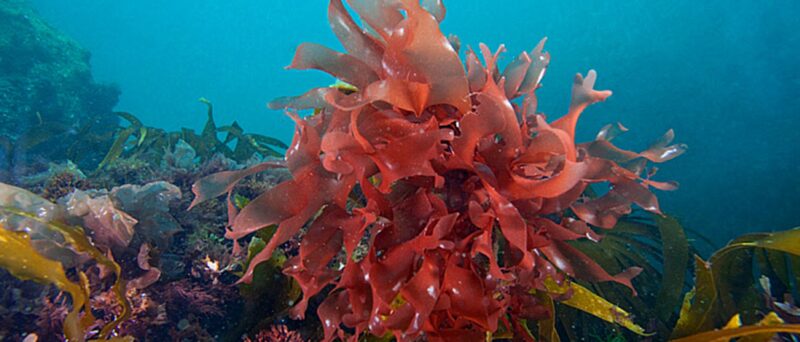
Improving the health benefits of milk
EPIHERD, developed by Antler Bio, uses an RNA-AI epigenomics platform to enhance milk nutrition, focusing on gene activity levels.
CIEL is collaborating with the University of Nottingham’s Centre for Dairy Science Innovation (CDSI) to investigate how identified biomarkers within dairy cattle affect the nutritional profile of milk.
Project partners: Antler Bio, University of Nottingham.
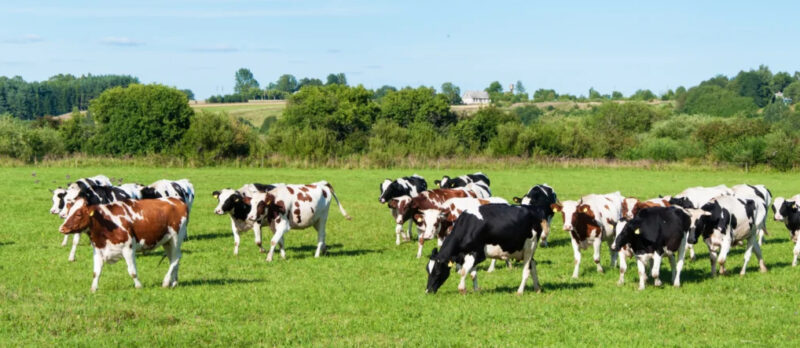
Reducing the risk of neonatal disease
ImmunIGy is a novel pen-side diagnostic test for measuring antibodies in calves. The simple-to-use lateral flow test can be carried out by the farmer and results are available in minutes. These results increase production efficiency through supply chain feedback and improved management.
CIEL is instrumental in overseeing the development and implementation of this innovative diagnostic test, ensuring its effectiveness and accessibility to farmers.
Project partners: Synergy Farm Health, University of Nottingham, Soma Bioscience.
Funded by: Department of Environmental, Food and Rural Affairs (DEFRA).
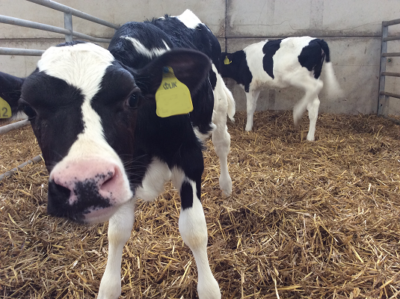
Partnering for impact
Nikki Dalby highlights the significance of CIEL’s involvement in these diverse projects.
“Each project, unique in its approach and scope, contributes significantly to the broader goals of environmental sustainability, economic viability, and food security. By fostering collaborations across various sectors, CIEL is not only driving innovation but also shaping the future of farming in the UK and beyond,” she says.
This year has not only tested CIEL’s resilience but has also highlighted the capacity to drive meaningful change in the industry.

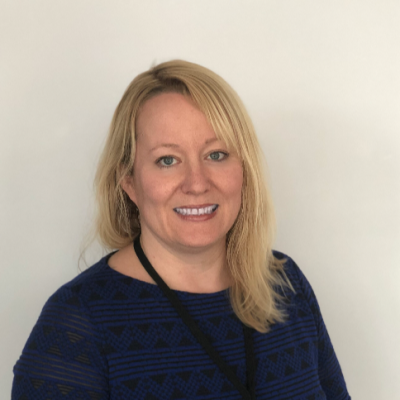
Nikki Dalby, Head of Projects
Nikki is responsible for identifying and managing research projects. Prior to CIEL, Nikki worked at Fera Science Ltd and has 25 years technical and management experience working in food and chemistry-related sectors.
